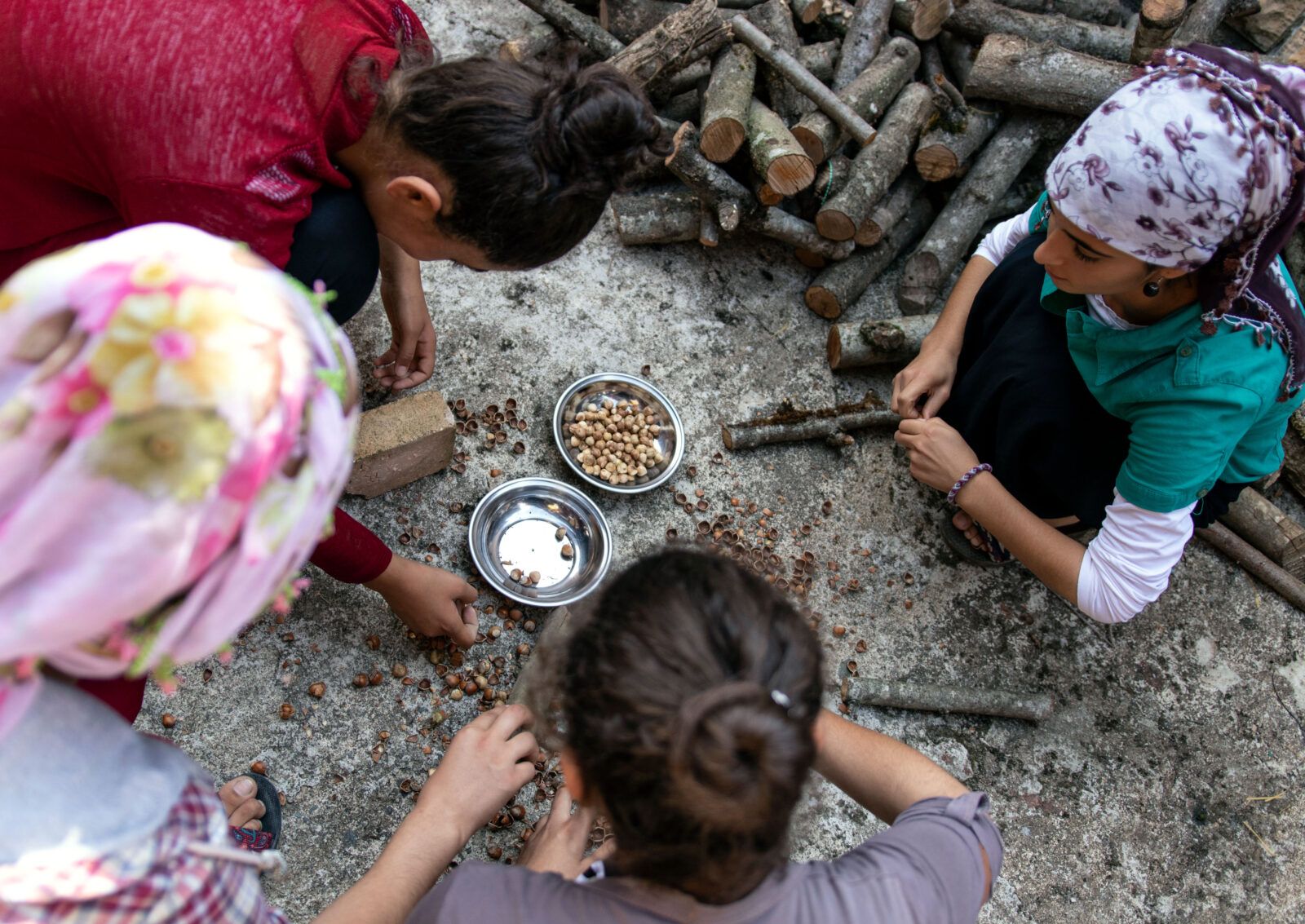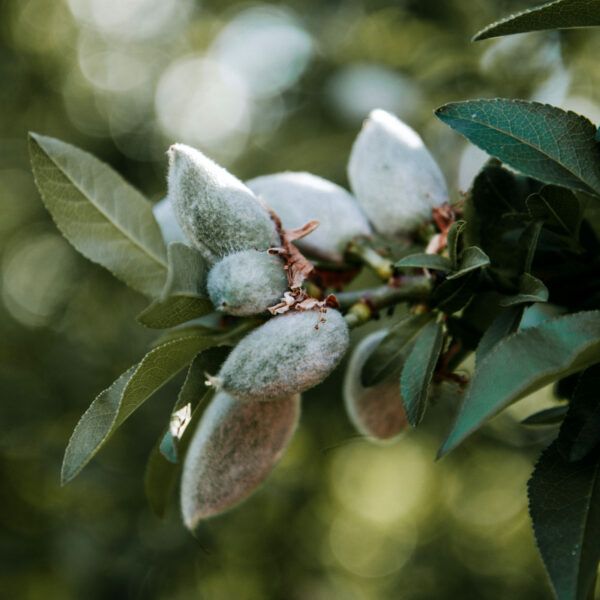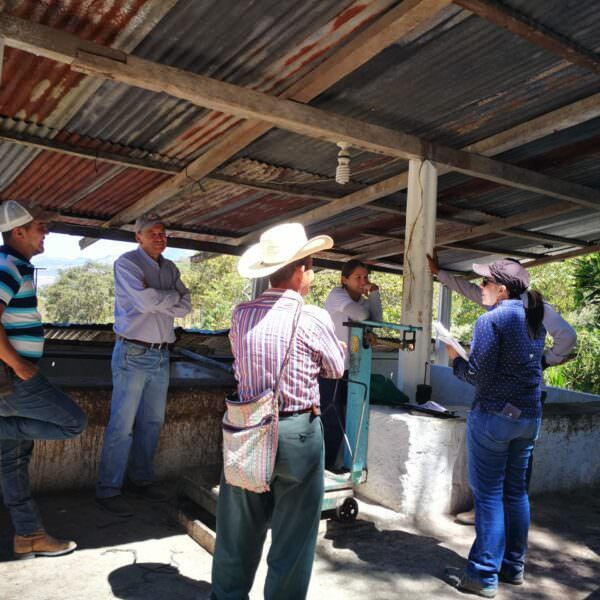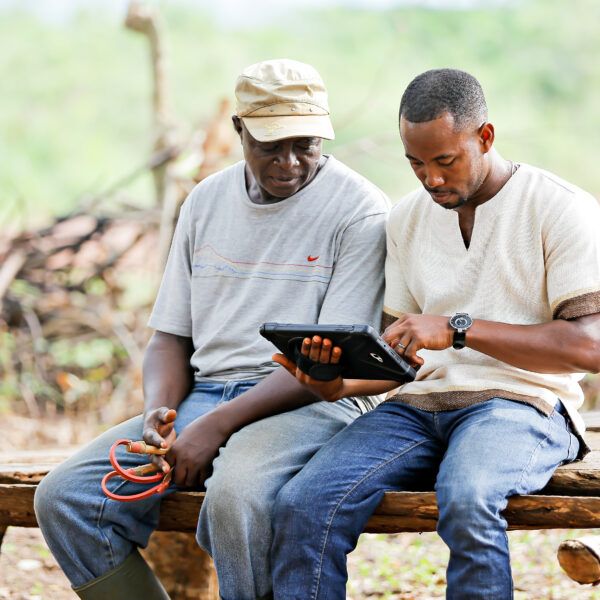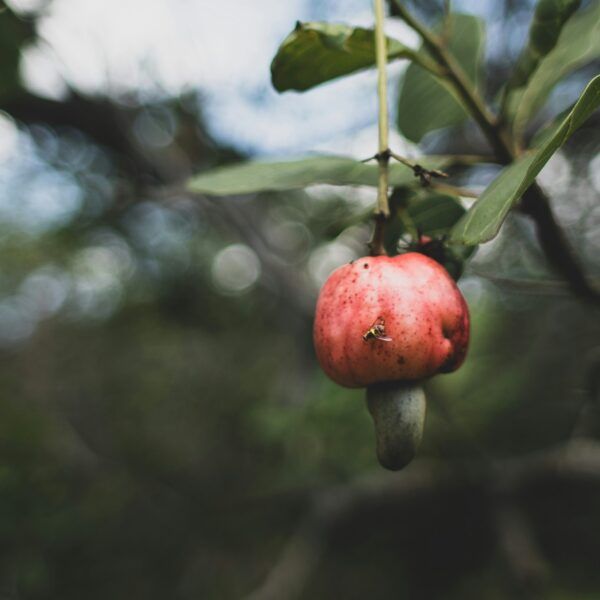Over 70 percent of the world’s hazelnuts are grown along Türkiye’s Black Sea coast, where the region’s rugged hills have provided ideal growing conditions since ancient times. Hazelnuts are deeply connected to Turkish heritage, and the industry remains largely traditional—many families across the country still own small hazelnut orchards, which they inherited from their ancestors. At harvest time, it’s common to see people from all walks of life drying hazelnuts in their gardens.
The Rainforest Alliance certification program for hazelnuts began in 2013. Since then, we have teamed up with hardworking farmer groups, traders, brands, and retailers to advance sustainable farming practices, tackle child labor, and improve the wellbeing of hazelnut workers.
Boosting yields through better agricultural practices
Although the demand for hazelnuts is growing worldwide, significant sustainability challenges continue to affect the industry. Many hazelnut orchards are missing critical investment and maintenance because owners often do not live on the land. On top of that, aging trees, small and fragmented orchards, and poor agricultural practices lead to low yields and unreliable crop quality. Hazelnut farmers also contend with pests, diseases, and unpredictable weather patterns caused by climate change.
Through Rainforest Alliance certification, farmers learn good agricultural practices, such as using Integrated Pest Management to reduce the need for harmful chemicals, leaving undergrowth in orchards to improve biodiversity, and pruning and maintaining tree health to extend the lifespan and productivity of their orchards.
With such a large part of the Turkish population involved in hazelnut production, it is vital that the industry becomes more resilient to economic and climate challenges. That’s why, over the coming years, we will be working with farmers, companies, local government, and communities to move toward regenerative agriculture and climate-smart practices.
Protecting migrant workers and preventing child labor
Hazelnut production is heavily reliant on seasonal hired labor. During the short harvest season (August and September), Turkish migrant workers from the southeastern regions of Türkiye (where there are less employment opportunities) are employed to pick the hazelnuts. Due to their economic situation, parents are often left with little choice but to bring their entire families to the farms, where children are routinely tasked with carrying heavy loads up and down steep hillsides in blistering heat. During their stay in the hazelnut region, migrant workers and their families often live in tent settlements without protection, privacy or access to enough basic services.
To put an end to child labor on hazelnut farms, the Rainforest Alliance works with a broad community of farmers, parents, teachers, hazelnut companies, NGOs, and local government. Our field teams have learned through experience that a collaborative approach better supports farmers to assess and address child labor on the ground. Together with our partners, we have trained more than 6,500 farmers in targeted prevention, monitoring, and remediation strategies.
We also work with companies, communities, and local government to improve the living conditions of migrant workers, ensuring settlements have access to drinking water, sanitary facilities, protection from the weather, as well as a safe living environment for workers and their families. We continue to learn with our partners, finding long-term solutions that mobilize hazelnut villages to address the root causes of child labor and poor working conditions.
Rainforest Alliance Certified hazelnuts on shelves worldwide
Today, Rainforest Alliance Certified hazelnuts are sold across Europe, North America, Asia, and beyond. You can find our frog on everything from hazelnut spreads and desserts to healthy snacks.
As we work to scale up our program, we’re focused on supporting farmers with innovative training and technical assistance to drive the sustainable and regenerative transformation of agriculture, and by engaging with traders, manufacturers, brands, and retailers to help make responsible business the new normal.
Individuals also hold a great deal of power to create change. Small, everyday choices—like choosing certified products while shopping—build momentum for a world where people and nature thrive together.
